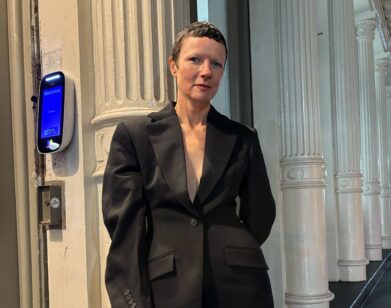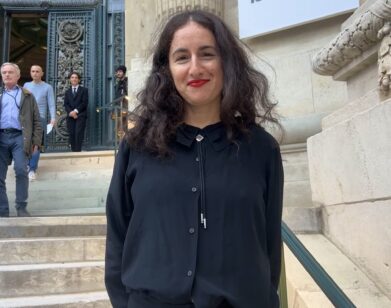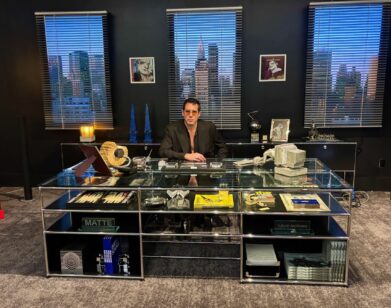Paul Jasmin
If “Hollywood” is merely a state of mind—not a cluster of buildings or even a city one can point to—the dreamy portraits and lonesome landscapes of photographer Paul Jasmin are a poetic rendering of what it feels like to live there. His pictures brim with the languorous pining of his subjects, themselves the actor-model-aspirants from whose fantasies that mythic place is built. As a Cali kid myself, when I am homesick for L.A., it’s not for the city as it exists in brick and mortar and gridlock, but for the one seen, and felt, in a Paul Jasmin picture—it is in his world that the Angelenos really live.
Born in 1935, in Helena, Montana, and inspired by the movies of Elizabeth Taylor and Montgomery Clift, “Jazzy”—as his friend Bruce Weber dubbed him in the 1970s—first tried his hand at painting and acting (you can hear him as Norman’s mother in 1960’s Psycho), before taking up photography in the early ’70s, quickly settling on his signature, natural-lit atmospheres, shot mostly in and around the Spanish-style apartments in which he’s lived. “It comes from a place deep in the soul where chance plays tricks on us,” Weber wrote of those pictures in his introduction to Jasmin’s 2004 monograph Lost Angeles. “It’s all in your imagination.” Now something of a genre unto itself, Jazzy’s work is getting a retrospective, with a score of images from across his career appearing at Casa de Costa gallery in New York, opening September 3. “These pictures have a real sense of place—the oldies and goodies,” Jasmin says. “There is an innocence about them that I like because I’m so darned old-fashioned.”
Apart from his artistic influence (on photographers from Dewey Nicks to Melodie McDaniel and on filmmakers like Sofia Coppola), Jasmin is also a beloved professor at Art Center College of Design in Pasadena, where Coppola first met him in the early ’90s, sitting in on his classes. “Jazz was one of the first people who encouraged me that I had a point of view about girls,” says Coppola, now one of his dearest friends. “I love how Jazz sees L.A.,” she says, “and his whole take on people. He’s famous for his Jazzy-isms. He’ll answer the phone with, ‘Who do I have to fuck to get off this planet?’ ” Clearly, she adds, “There are not many people around like him.”







